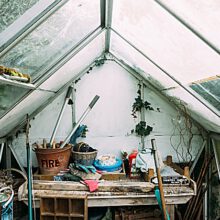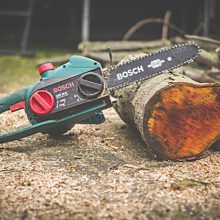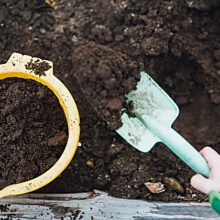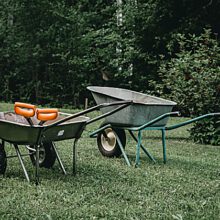How Do I Keep My Garden Tools From Rusting?
How can I prevent my garden tools from rusting? This is one question most people with garden equipment have. When you purchase garden equipment, it comes with the usual warranty that covers the material used as well as the working parts. If your garden tools start to rust on the handles, or if the steel starts to look worn down, they are usually easy to fix at home. Here s how to clean and maintain your garden tools in good condition.
Gather Your Tools: The first thing you need to do is gather all your gardening tools. The size of your tools will depend on what you want to do, but usually you will have a small hand saw, a spade, some garden hose, a bucket, a dustpan and an oil pan. If you plan on using a power washer on your metal tools, you will also need a spray bottle. You should also have a garden shredder, a paint scraper, a buffer, rags, and some sandpaper.
Rinse: Take all the rusted and corroded metal parts of your garden tools and wash them thoroughly in hot soapy water. Make sure to rinse each piece separately so you do not clean the handles too much and cause rust on the surface. Also make sure the detergent you use is compatible with the type of metal used in the handle. Use a garden hoe with wide, deep rims to scrape off the rust. Be sure to rinse the rusted areas completely so no detergent residue remains.
Cover: Place all your gardening tools in a protective box or plastic bag. The box will protect the blades and the handles from moisture, and also protect the blades from the weather. Garden tools that have a wooden handle should be covered with canvas to prevent rust from affecting the equipment. Metal tools can be covered with plastic, but make sure they are protected from moisture. It is important to cover all metal tools that are exposed to the elements to avoid rust from affecting the finish. Wipe the finish dry with a clean cloth.
Clean: Every few months give your garden tools a thorough cleaning. Use soapy water to remove all dirt, debris, and grime from the blades. Rinse the blades with a few drops of oil, if available. This will help prevent rust from forming on the blade.
Sharpening Stone: Do not use an abrasive cleaner or steel wool on the handles of your garden tools. You can use a soft clean cloth to wipe the surface of the handles, including any sharpening stones or stickers that may be present. To remove the sharpening stone, tap the handle against a hard surface, such as a brick wall. Most tools will come with a special stone for use against rust, but others may require regular cleaning.
Oil: If you own a sharpening stone or other tool, wipe it down once or twice a year. Place the tool in a spray bottle and spray a light coat of vegetable oil over the sharpening surface. To prevent rust from occurring on the tools themselves, always remember to flip the tools back to their original positions after each use. You can also wipe the blades with an oil-dampened cloth to remove any excess oil from the exterior surfaces.
Linseed Oil: For hand tools, a cold rinse with two cups of boiled linseed oil followed by a thorough rubbing with a soft hand towel should take care of mostrust problems. Be sure to apply the linseed oil well, being careful to avoid getting any of it on the protective coat of the metal tools themselves. Apply the linseed oil once or twice a year, being certain to rub in an even coat. If rust does appear, wiping the rust with a clean damp cloth should take care of the problem. If these methods do not seem to work, ask a professional to recommend a product.



